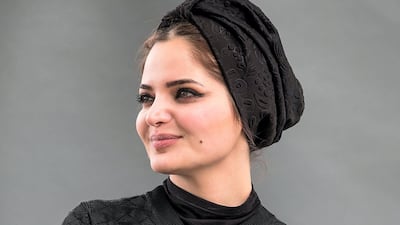The six authors shortlisted for this year's International Prize for Arabic Fiction must wait until April to learn which of them has won the coveted award. There is already one clearly emerging winner, however – the writing of women. This year the shortlist includes a record four female authors. This is no overnight revolution; two of the four writers have made the shortlist before and a third was longlisted previously. Nevertheless, this is a significant development, for these are writers with much to tell all of us. This year all six shortlisted novels are, in the words of judge Charafdin Majdolin, "about family, memory, disappointment, exile and migration". These are themes that reflect the Arab experience, a reality to which female writers bring a unique perspective.
Take Iraqi author Shahad Al Rawi, shortlisted for the Ipaf award last year, whose novel The Baghdad Clock tells the story of her country's horrors through the lives of two girls who meet in a bomb shelter in 1991. Syrian teacher Shahla Ujayli, one of the four women on this year's shortlist, set Summer With The Enemy against the background of the conflict in her country.
Over the years, the prize has done much to provide a showcase for women from the Arab world writing about the region. Thanks to the award,, five women writers, from Iraq, Egypt, Saudi Arabia and Lebanon, have had their novels translated into a dozen different languages and read around the world.
Turkish-British novelist Elif Shafak once wrote: "Male writers are thought of as 'writers' first and then 'men'. As for female writers, they are first 'female' and only then 'writers'." With the odds firmly in favour of a woman winning the Ipaf prize this year, we have edged a step closer to male and female writers being appreciated on an equal footing. Until that happens, we can all benefit as readers whose horizons have been broadened by new insights, while a new generation of young Arab women have been inspired by their peers to find their own voice.

